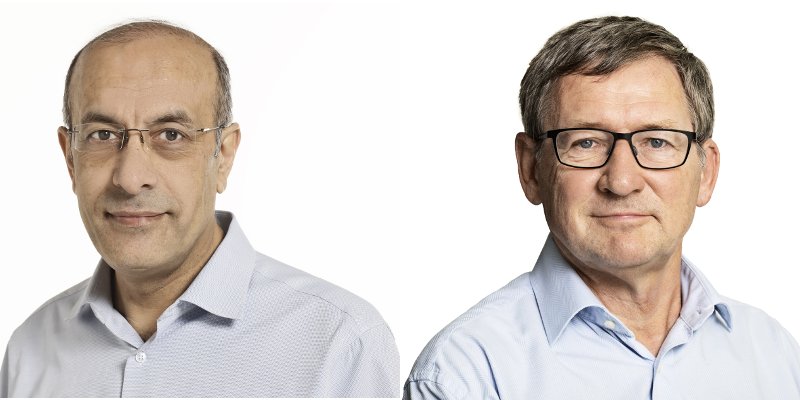Who’s who – the Danish National Team

date: 21/03/2022
Tell us a bit about you - what is your background?
Professor Azhar Hussain has a Ph.D. in economics. His research interests evolve around analyses of welfare distributions, including income inequality, poverty, deprivation, and subjective well-being. Currently, he is particularly involved in robust ranking of multidimensional welfare distributions in developed and developing nations. His research dissemination is primarily through peer-reviewed journals and book chapters.
Professor Bent Greve is trained as an economist and have a Ph.D. and a Danish Doctorate degree in Public Administration. His focus is on welfare states and their development often in a comparative perspective. This includes social and labour market policy, but also financing of the welfare states, as well as a focus on what makes a good life. He has published a large number of books and articles related to these issues.
When and what was your first contact with EUROMOD?
We do not exactly recall but have now for quite a long time together been authoring the yearly country report for Denmark, including updating of tax-benefit policies and indexes as well as running Euromod simulations for Denmark.
What are your main responsibilities and what is your experience with EUROMOD?
We have generally split the responsibilities such that Azhar concentrates more on the quantitative and model-oriented part of the revisions, including whether it is possible to implement policy changes in the Euromod, while Bent takes care of the policy update, including changes in policies that can have an impact on the Euromod simulations, including their distributional impact.
Would you like to share any recent highlights for your country?
“Tidlig pension” (early pension) is the most recent change in the Danish old age pension system making it more complicated by allowing persons who has worked between 42 and 44 years since the age of 16 the right to early pension up to three years before the official general age of retirement. The level of the “tidlig pension” benefit is relatively low compared to other welfare benefits in Denmark.
